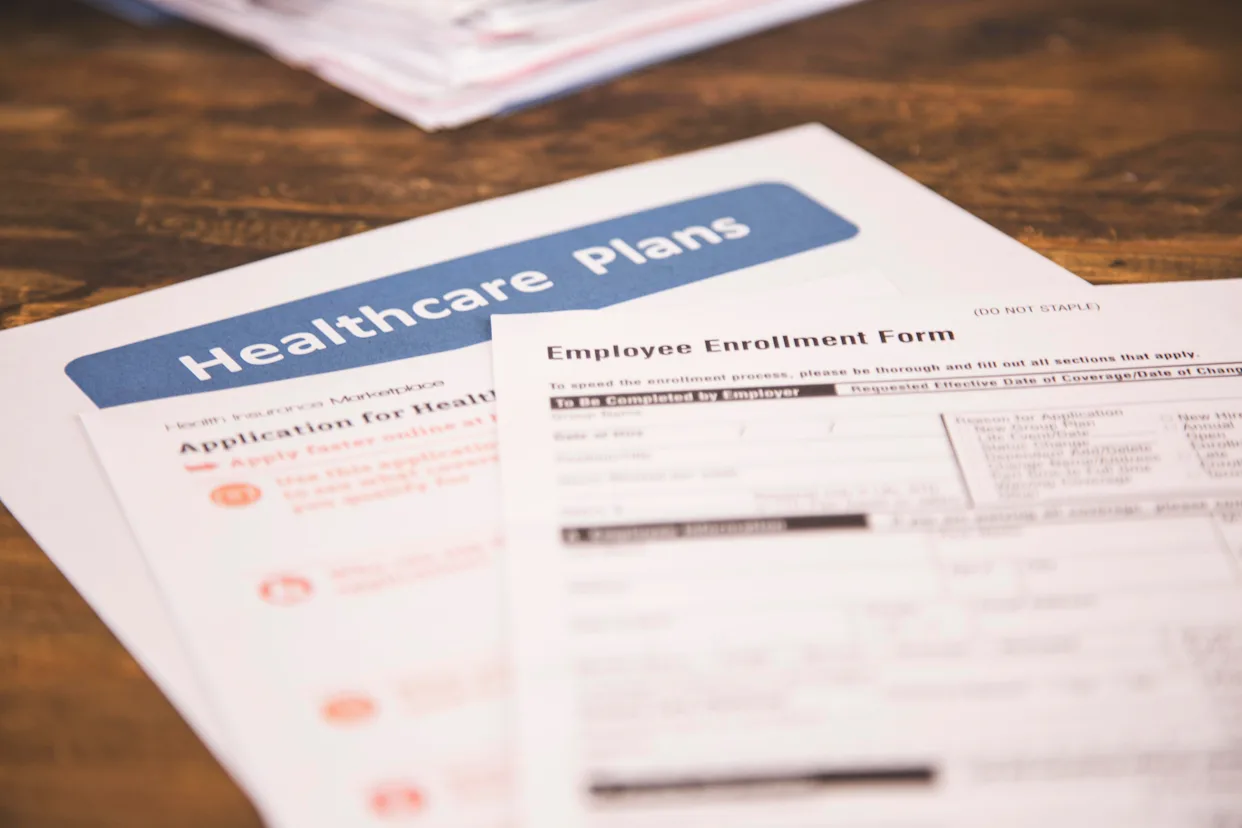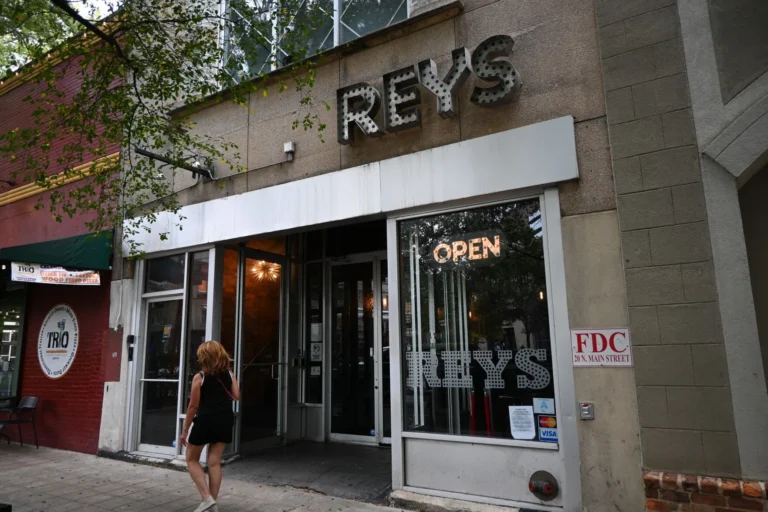Workers Shocked as Employer Just Informed Them That Health Insurance Premiums Double for 2026
ATLANTA, GEORGIA — As 2026 benefit renewal season begins, American workers are expressing outrage and disbelief over massive health insurance premium hikes — with some reporting 100% increases in employer-sponsored plans.
One employee shared that their family health insurance plan is jumping from $420 to $840 per paycheck, adding up to $800 more each month. The plan, while considered high-quality with low deductibles and maximum out-of-pocket costs around $2,000, has become financially unsustainable for the average household.
“I looked for other plans and they’re slightly cheaper per month, but out-of-pocket is like $4,000 and max is $15,000,” the employee wrote. “I know this is happening to anyone who has insurance in America. How are you faring?”
The user later clarified that the jump wasn’t just 50%, but a full 100% increase — doubling their premium costs for 2026.
Health Insurance Costs Reaching Record Highs
The dramatic rise isn’t isolated. According to data from the Kaiser Family Foundation, the average annual cost for employer-provided family health coverage has climbed steadily over the past decade, with premiums now exceeding $24,000 per year for many plans. Employers typically cover about 70% of the cost, but workers’ contributions have ballooned alongside inflation and post-pandemic health care expenses.
In 2025, many companies already signaled sharp increases for the following year, citing:
- Rising medical inflation from hospital and drug costs.
- Increased demand for elective and outpatient procedures delayed during the pandemic.
- Administrative costs associated with expanded coverage requirements.
These compounding factors have led to higher payroll deductions and fewer affordable plan options for employees, especially those supporting families.
Workers Struggle to Absorb the Impact
For many Americans, paycheck deductions for insurance are now rivaling rent or car payments. Some employees say the cost of staying insured through work has reached a breaking point.
My employer just informed us our health insurance for 2026 is jumping 50% … how are you faring?
byu/HotDogWaterTime inVirginia
“I’m paying nearly $1,700 a month for coverage that I’m scared to use,” one worker commented on a similar thread discussing employer benefits. “It’s becoming impossible to justify keeping the same plan.”
Others are opting to downgrade to high-deductible health plans (HDHPs) paired with health savings accounts (HSAs), though those plans often shift the financial burden onto the individual in the event of serious illness or injury.
Experts Warn of Widening Healthcare Affordability Gap
Health policy experts warn that without reform, employer-based insurance — long considered the backbone of American healthcare — may soon become financially inaccessible for middle-income families.
“This year’s premium increases are among the steepest we’ve seen in two decades,” said Dr. Lisa Montero, a healthcare economist based in Atlanta. “We’re witnessing the slow unraveling of the employer health model. If costs continue doubling every few years, workers will simply opt out.”
What Employees Can Do
Financial advisors suggest that workers:
- Review all open enrollment options carefully, comparing premiums and total out-of-pocket exposure.
- Contribute to HSAs or FSAs, which offer pre-tax savings for medical expenses.
- Negotiate benefits where possible or discuss employer subsidy adjustments with HR.
- Seek ACA marketplace comparisons if employer coverage becomes unaffordable.
While many employers are trying to absorb part of the increase, others have passed the full impact on to their workforce — widening the gap between pay and benefits.
The Bigger Picture
As inflation and corporate healthcare costs continue to rise, many workers fear that 2026 may signal a tipping point for America’s private insurance system. The growing frustration online reflects a broader sentiment that healthcare, even when technically “covered,” is becoming a luxury rather than a guarantee.
The conversation continues to grow among employees, unions, and policymakers as the country braces for another year of record-breaking costs — and a shrinking sense of financial security.
Do you believe U.S. employers should be required to cap annual premium increases for workers? Share your thoughts at SaludaStandard-Sentinel.com.







